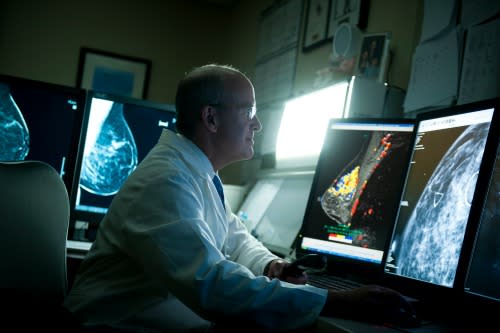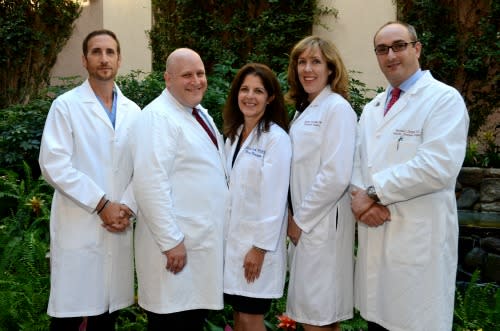Expanded guidelines for lung cancer screening will reach more people
Published: January 10, 2024l
By Michael Ebright, MD
No one is immune to lung cancer. Although it is caused mainly by smoking cigarettes and mostly strikes adults ages 65 and older, incidence rates among women nonsmokers, ages 35 to 54, who have never smoked cigarettes, have surpassed those of similarly aged men. To reach more potential patients, therefore, the American Cancer Society (ACS) recently broadened its screening guidelines.
The ACS recommends yearly lung cancer screening with a low-dose CT (LDCT) scan for people ages 50 to 80 years, instead of ages 55 to 74, who currently smoke or used to smoke, or who have at least a 20 “pack-year” history of smoking, which means they smoked one pack of cigarettes per day for 20 years or two packs a day for 10 years.
Previous guidance included only people who smoked a pack a day for 30 years and disqualified those who quit more than 15 years ago. But since the risk of lung cancer increases with age and there can be a long latency period between quitting smoking and cancer development, the years-since-quitting criteria is unhelpful. In fact, at Stamford Health, we currently have more patients who have quit smoking than currently smoke.
Although the broadened criteria are a welcomed improvement, the American Cancer Society is not the only organization which publishes recommendations, and many of the guidelines have discrepancies. The Center for Medicare and Medicaid Services (CMS) is arguably the most important group, because they are the payors in most cases. Unfortunately, their recommendations are not in step with the most contemporary data. We are hopeful that expanded guidelines from the ACS may encourage our payors to expand eligibility as well. The bottom line is that lung cancer screening is life-saving, so anyone with a history of smoking should discuss it with his or her physician.
Our lung cancer screening program is designated by American College of Radiology. We accept patients at high risk for the disease and offer low-dose CT (LDCT) scans at all our satellite locations. Low-dose CT scans are more effective than chest X-rays at finding abnormal areas in the lungs that may be cancerous. Getting yearly LDCT scans before symptoms start helps lower the risk of dying from lung cancer by 20%. We also provide other cutting-edge diagnostics, including navigational bronchoscopy, robotic surgery, and special analytic software that allows us to perform lung-sparing operations.
If you are a current or former smoker, please talk to your doctor about evaluating your cancer risk, and whether screening is right for you. Most insurance plans, including Medicare, cover the cost.
With early detection, we can discover lung cancer before it causes symptoms. The earlier we find it, the easier it is to treat and the greater the chance of cure. But screening is key.
No one is immune to lung cancer. Although it is caused mainly by smoking cigarettes and mostly strikes adults ages 65 and older, incidence rates among women nonsmokers, ages 35 to 54, who have never smoked cigarettes, have surpassed those of similarly aged men. To reach more potential patients, therefore, the American Cancer Society (ACS) recently broadened its screening guidelines.
The ACS recommends yearly lung cancer screening with a low-dose CT (LDCT) scan for people ages 50 to 80 years, instead of ages 55 to 74, who currently smoke or used to smoke, or who have at least a 20 “pack-year” history of smoking, which means they smoked one pack of cigarettes per day for 20 years or two packs a day for 10 years.
Previous guidance included only people who smoked a pack a day for 30 years and disqualified those who quit more than 15 years ago. But since the risk of lung cancer increases with age and there can be a long latency period between quitting smoking and cancer development, the years-since-quitting criteria is unhelpful. In fact, at Stamford Health, we currently have more patients who have quit smoking than currently smoke.
Although the broadened criteria are a welcomed improvement, the American Cancer Society is not the only organization which publishes recommendations, and many of the guidelines have discrepancies. The Center for Medicare and Medicaid Services (CMS) is arguably the most important group, because they are the payors in most cases. Unfortunately, their recommendations are not in step with the most contemporary data. We are hopeful that expanded guidelines from the ACS may encourage our payors to expand eligibility as well. The bottom line is that lung cancer screening is life-saving, so anyone with a history of smoking should discuss it with his or her physician.
Our lung cancer screening program is designated by American College of Radiology. We accept patients at high risk for the disease and offer low-dose CT (LDCT) scans at all our satellite locations. Low-dose CT scans are more effective than chest X-rays at finding abnormal areas in the lungs that may be cancerous. Getting yearly LDCT scans before symptoms start helps lower the risk of dying from lung cancer by 20%. We also provide other cutting-edge diagnostics, including navigational bronchoscopy, robotic surgery, and special analytic software that allows us to perform lung-sparing operations.
If you are a current or former smoker, please talk to your doctor about evaluating your cancer risk, and whether screening is right for you. Most insurance plans, including Medicare, cover the cost.
With early detection, we can discover lung cancer before it causes symptoms. The earlier we find it, the easier it is to treat and the greater the chance of cure. But screening is key.
Featured Expert/ Author
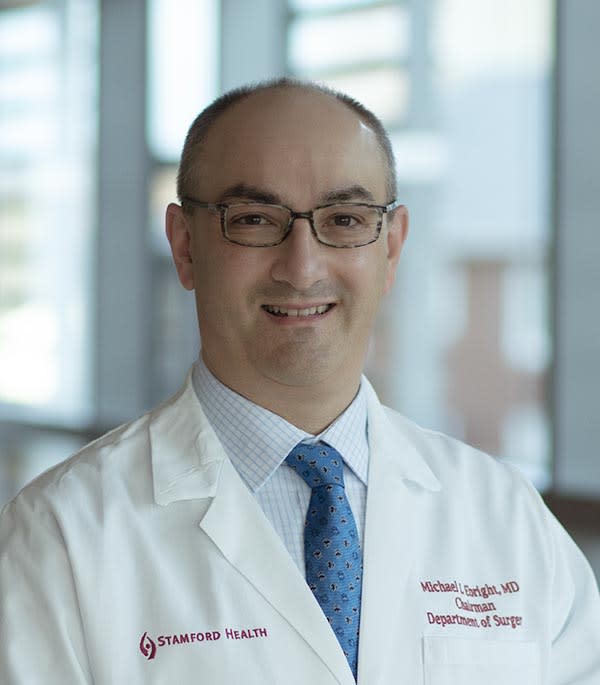
Stamford Health Medical Group Member





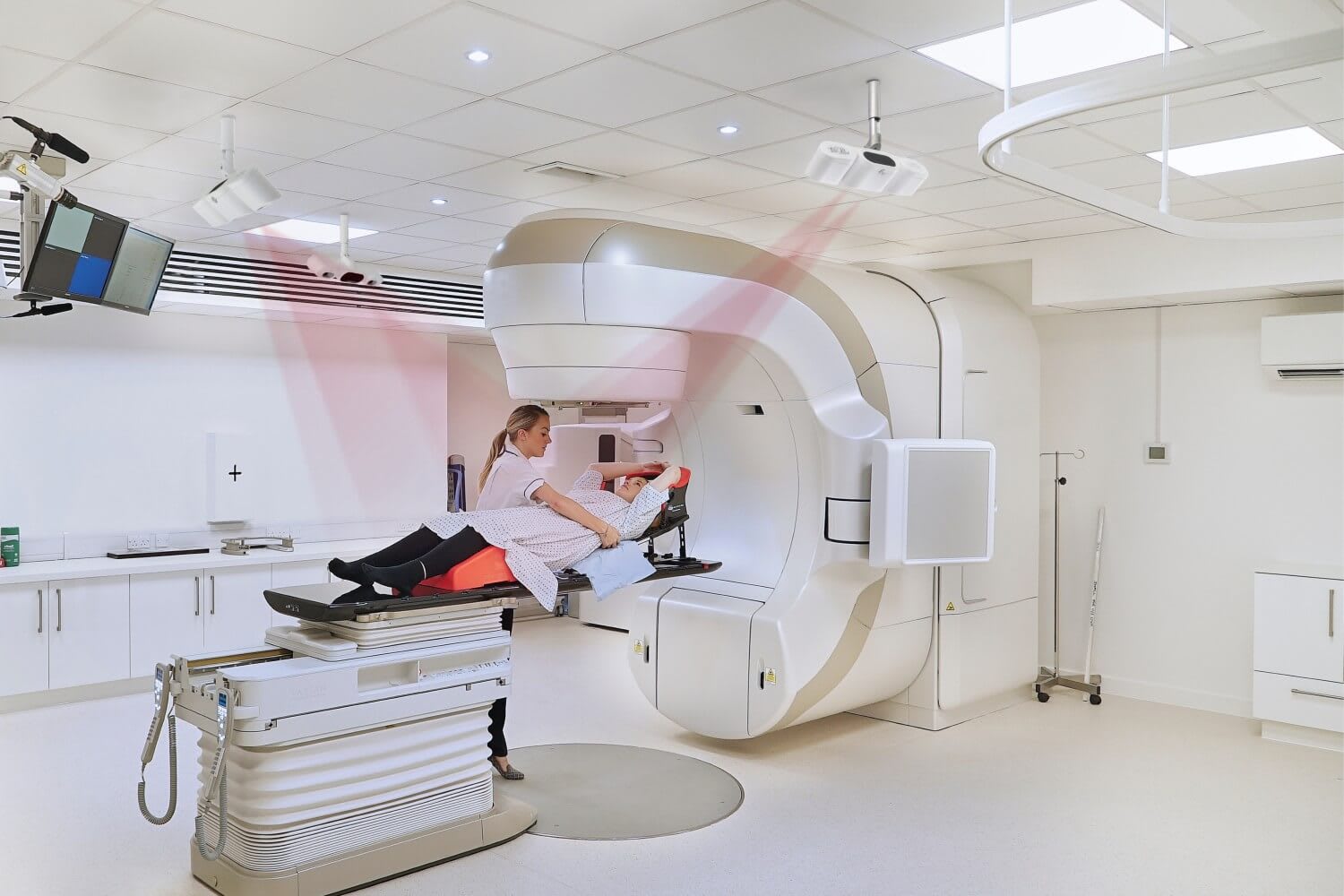


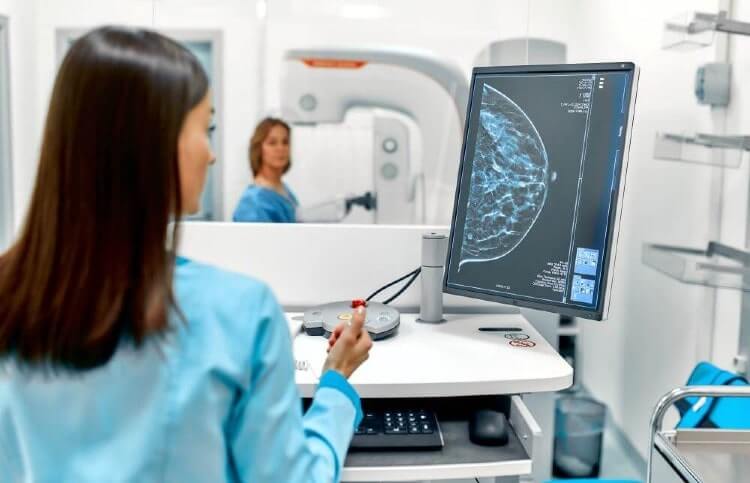

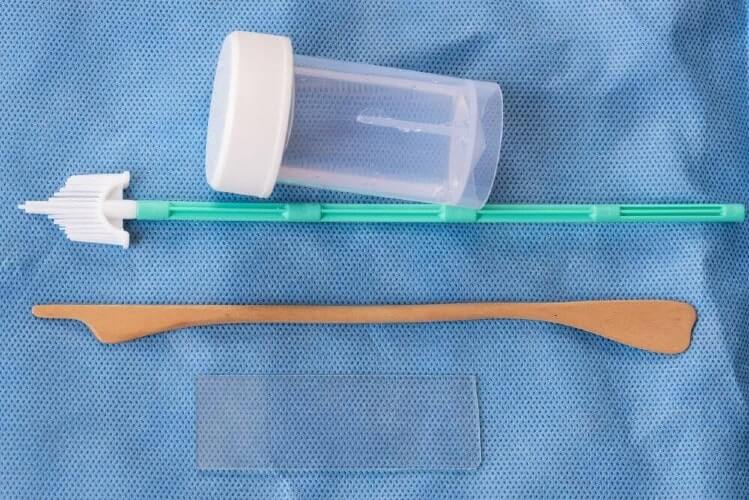










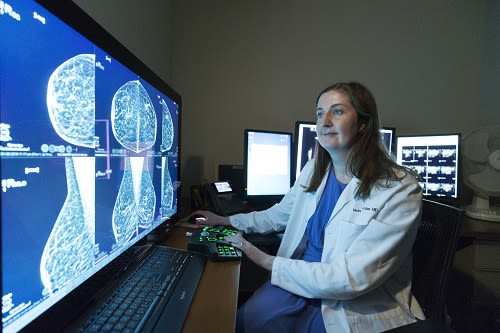
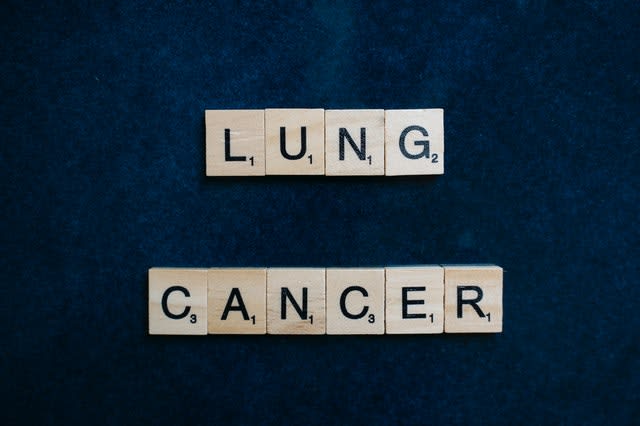

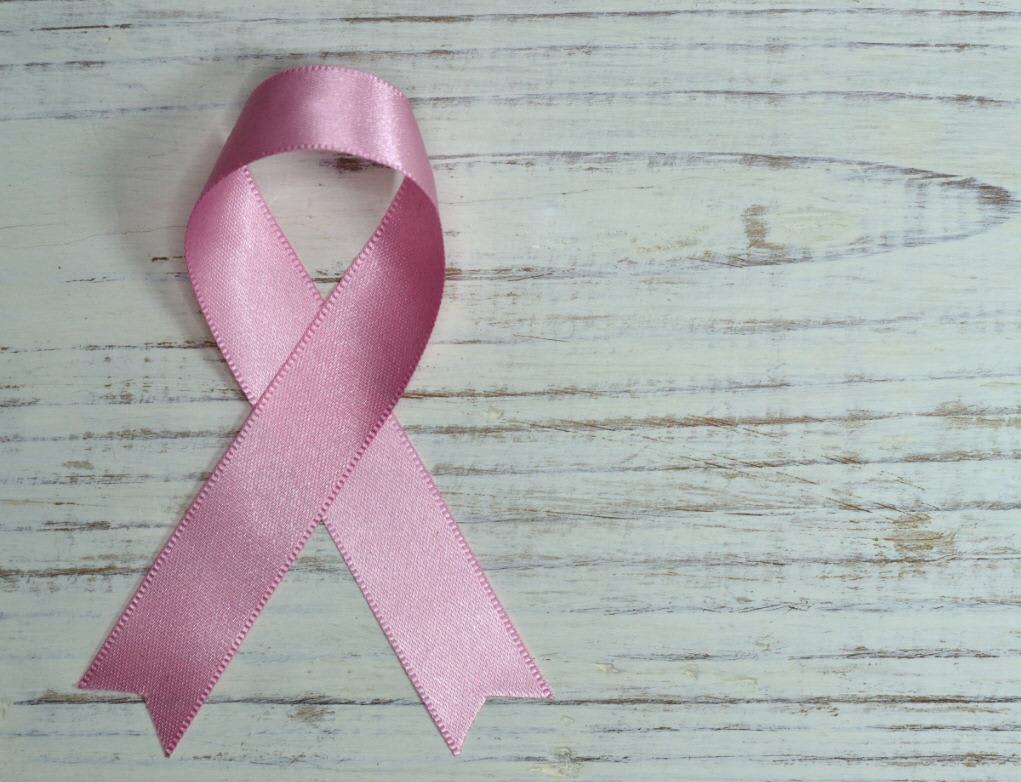
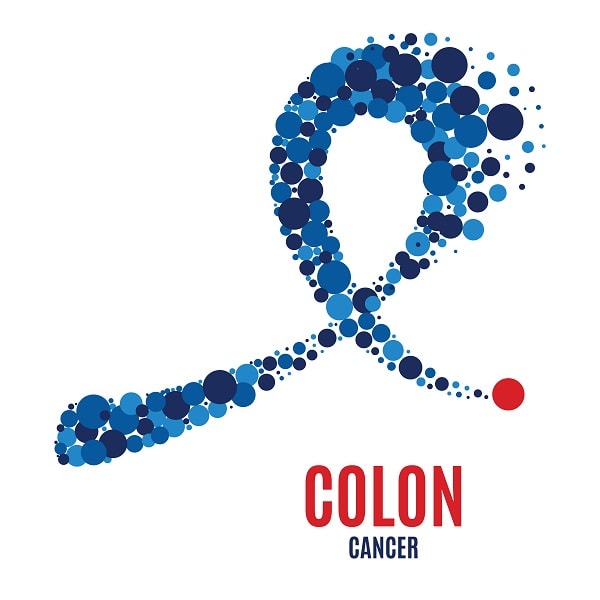

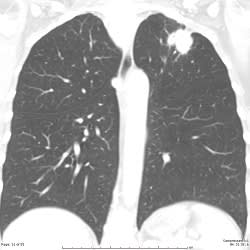





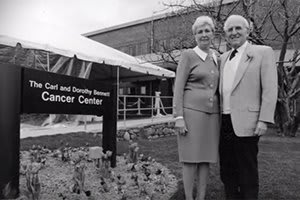
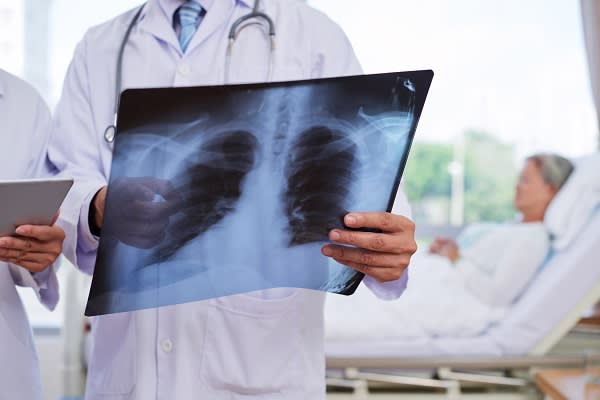
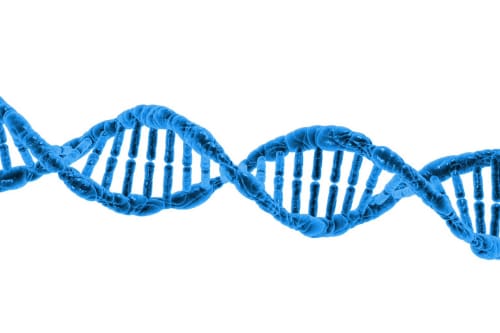

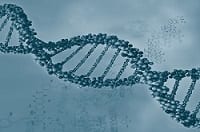



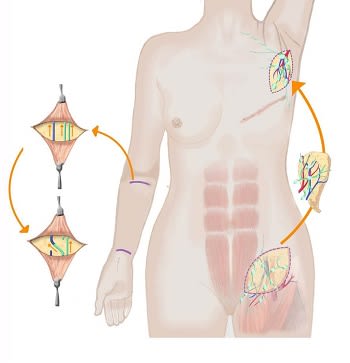





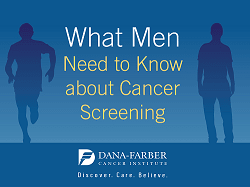












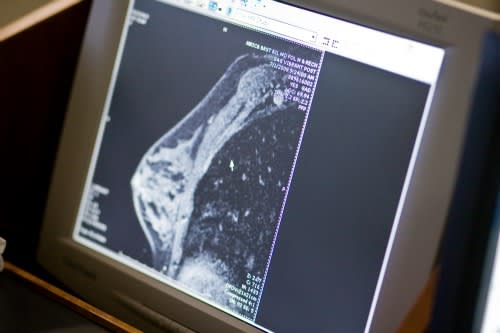

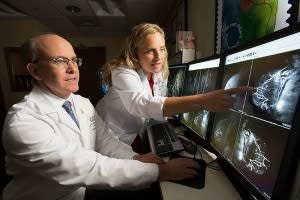






)


)
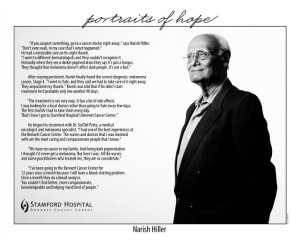
)
)
